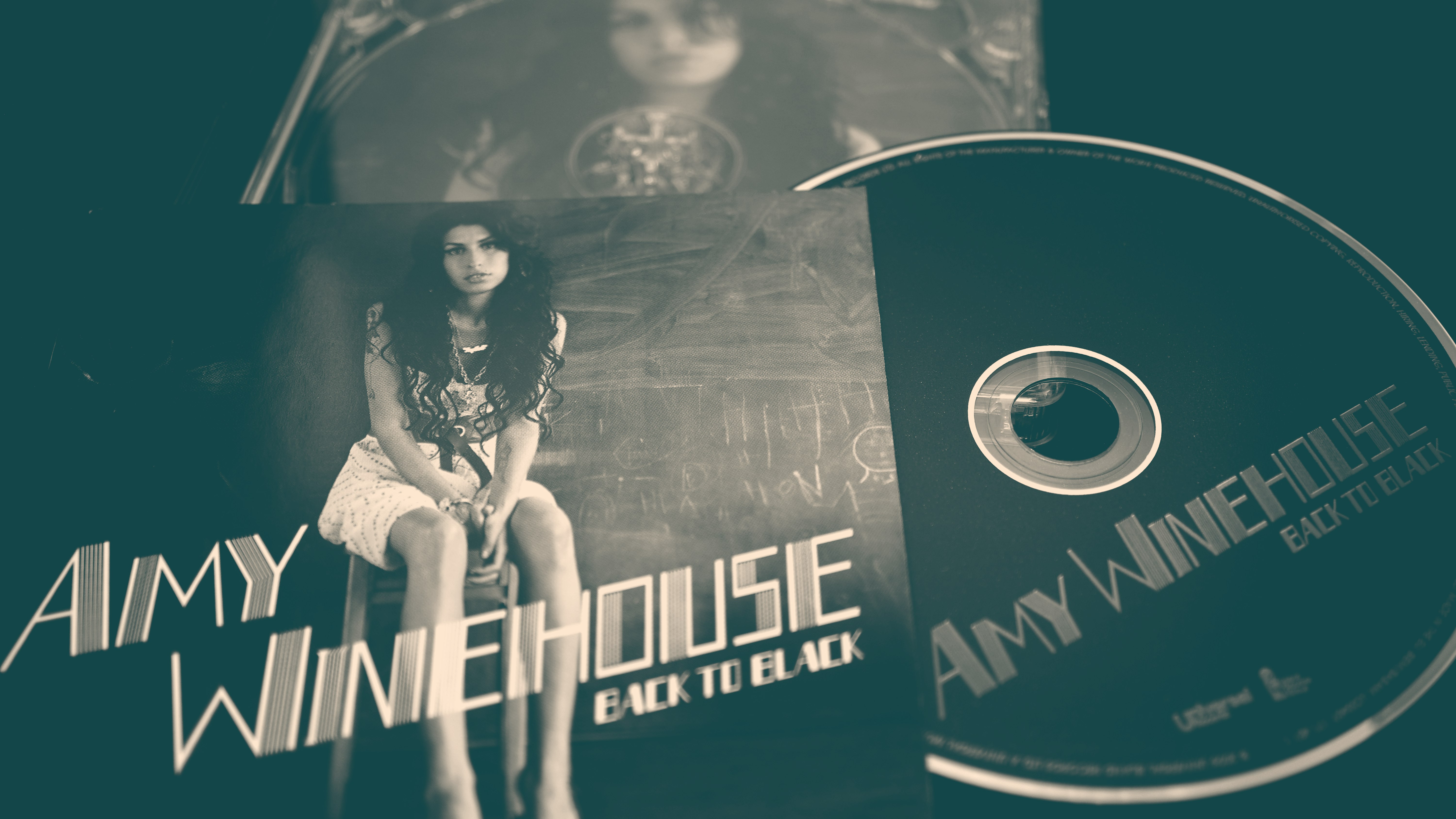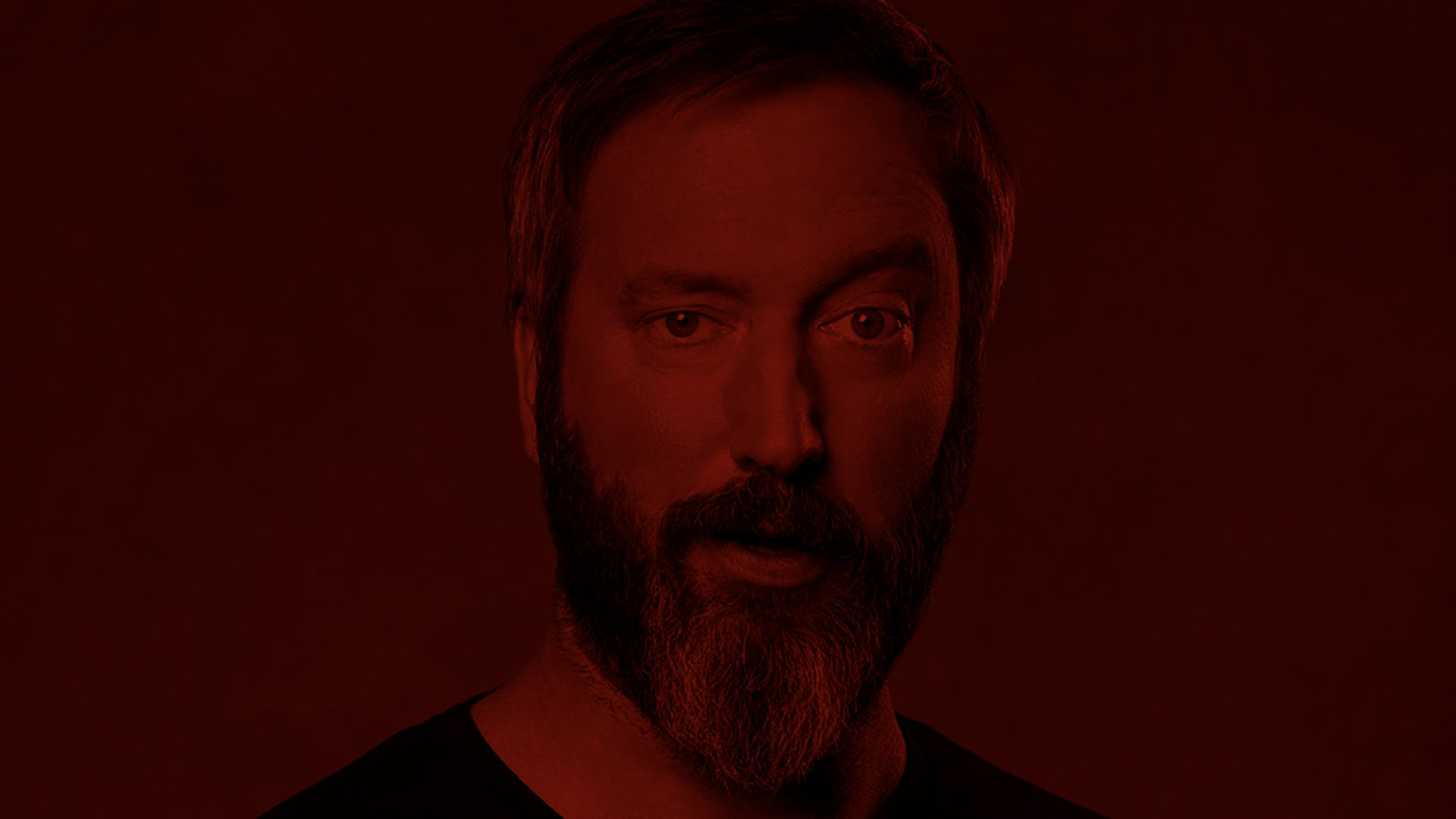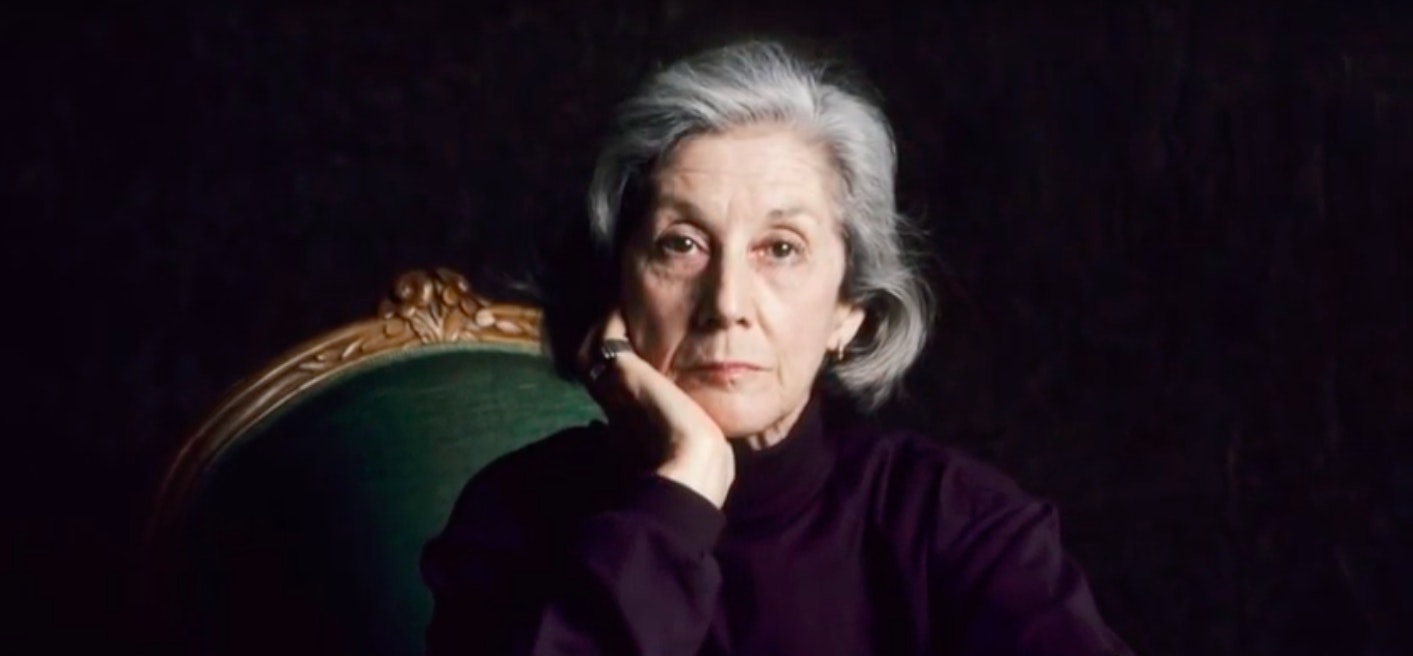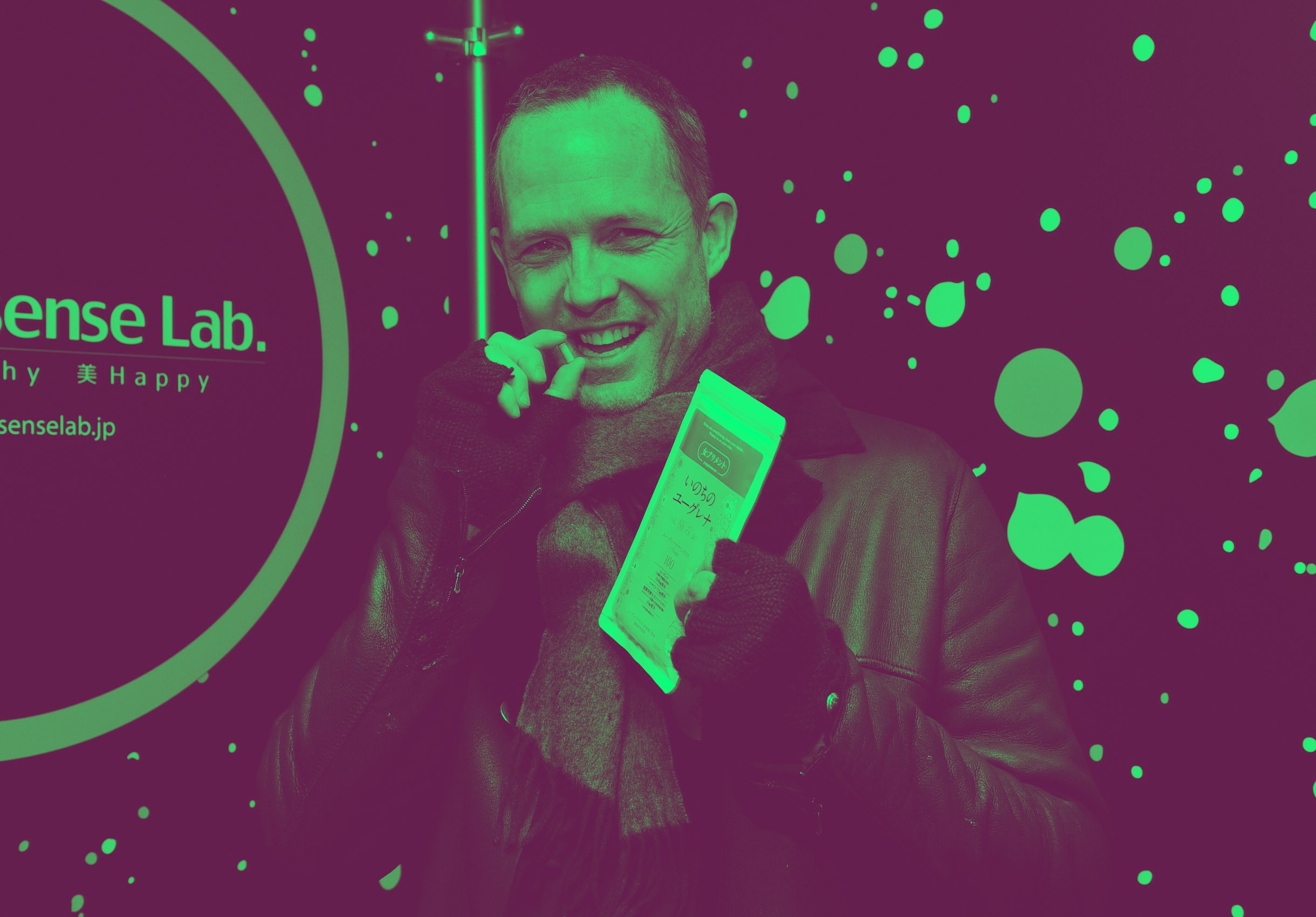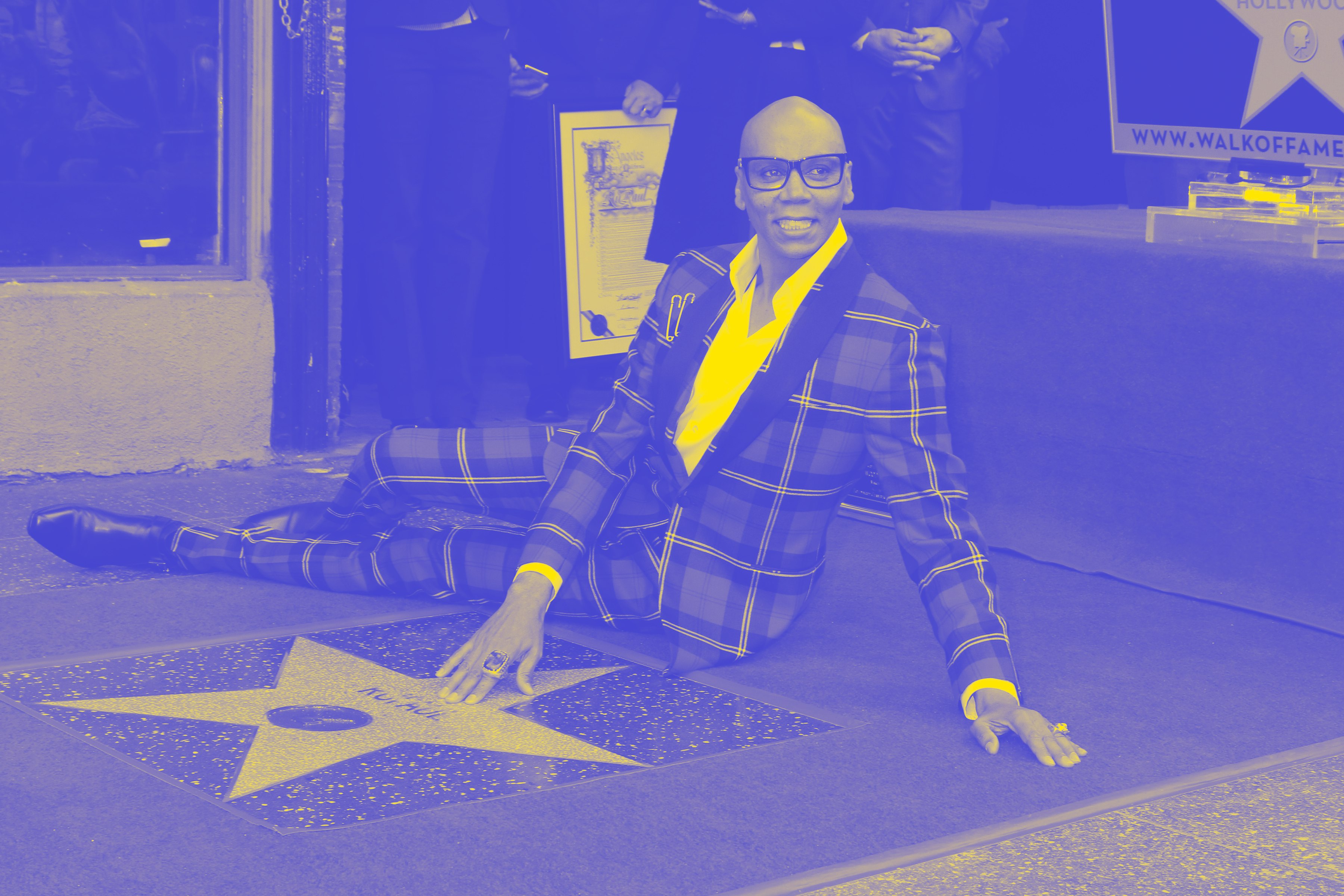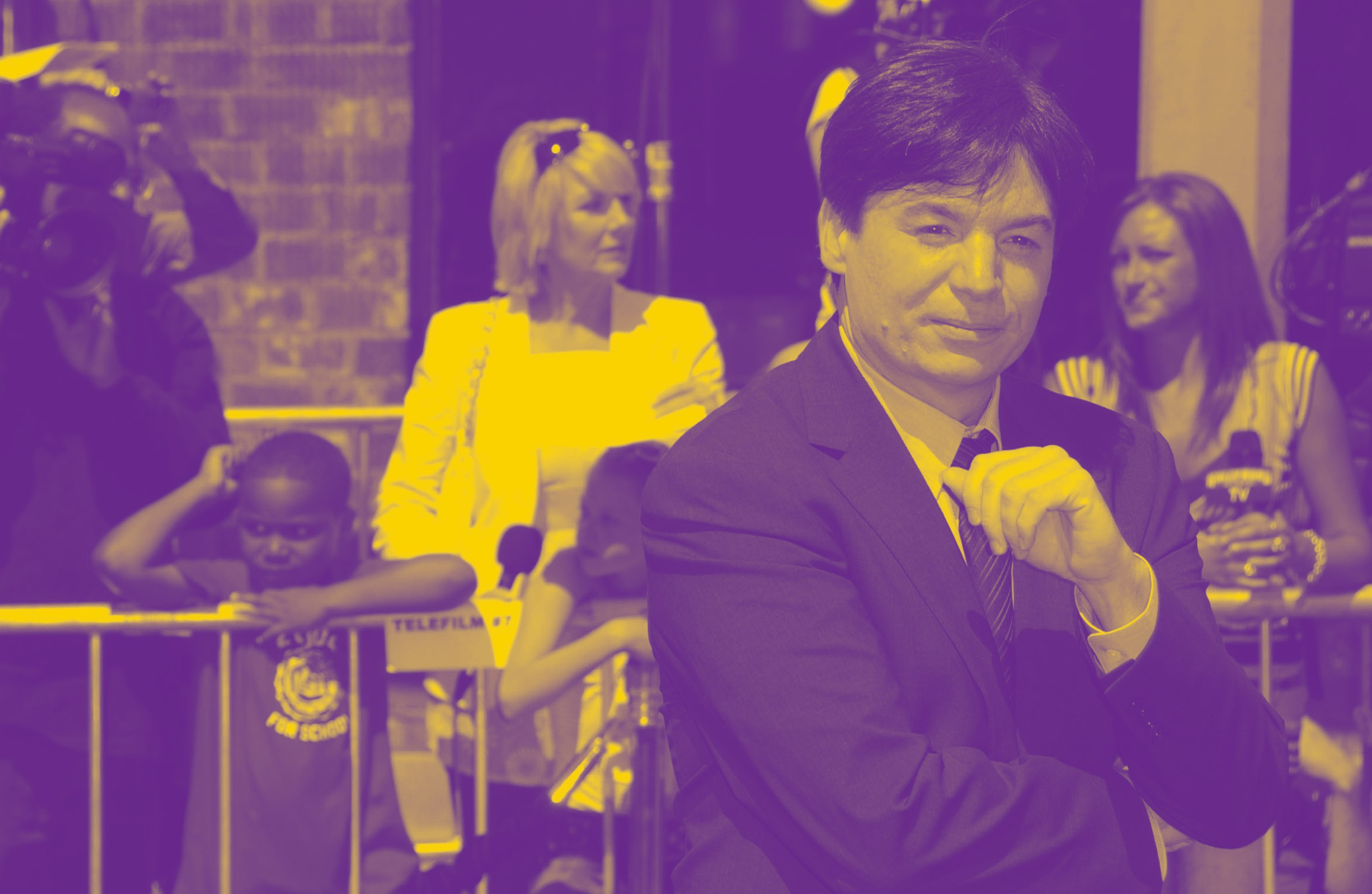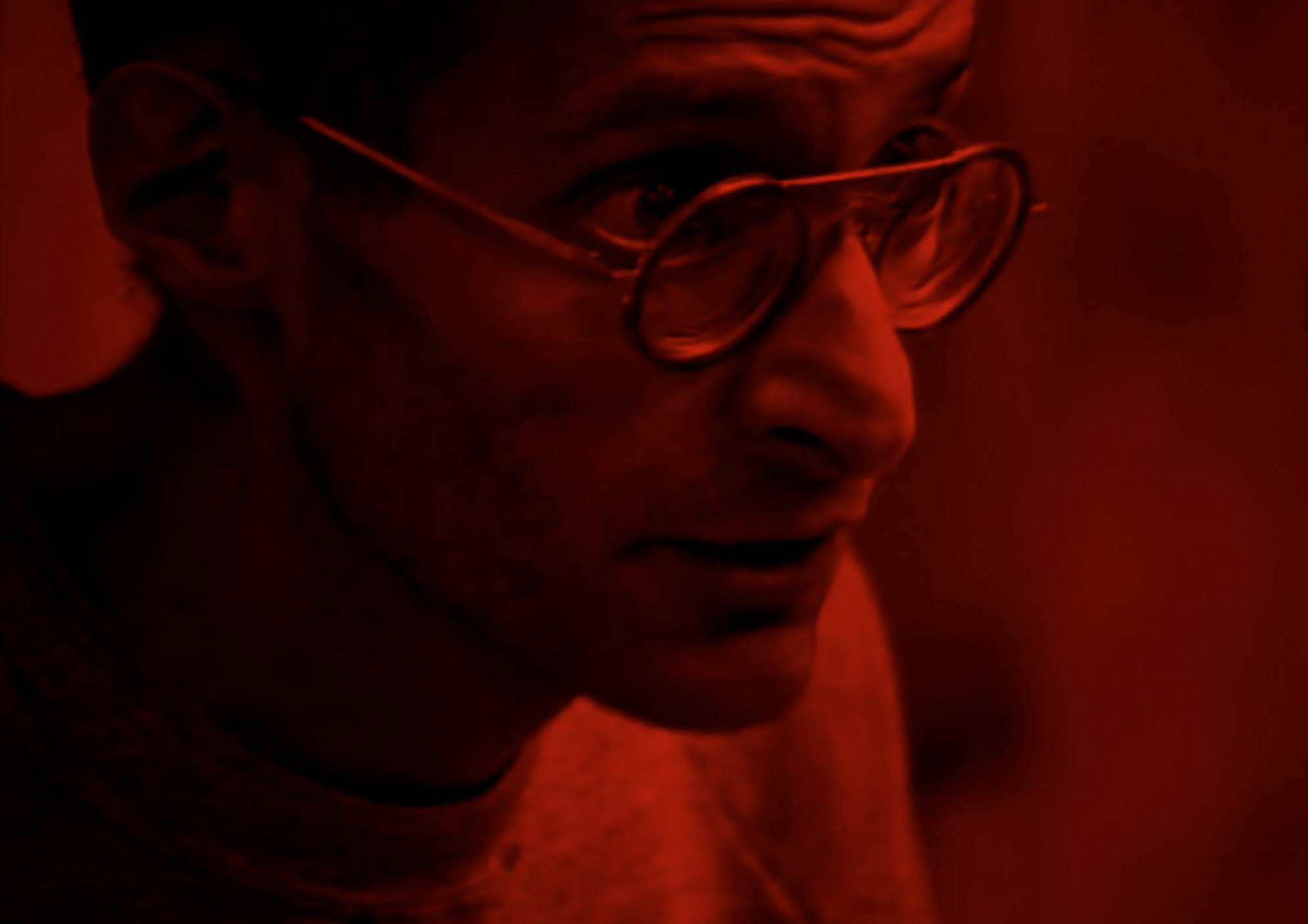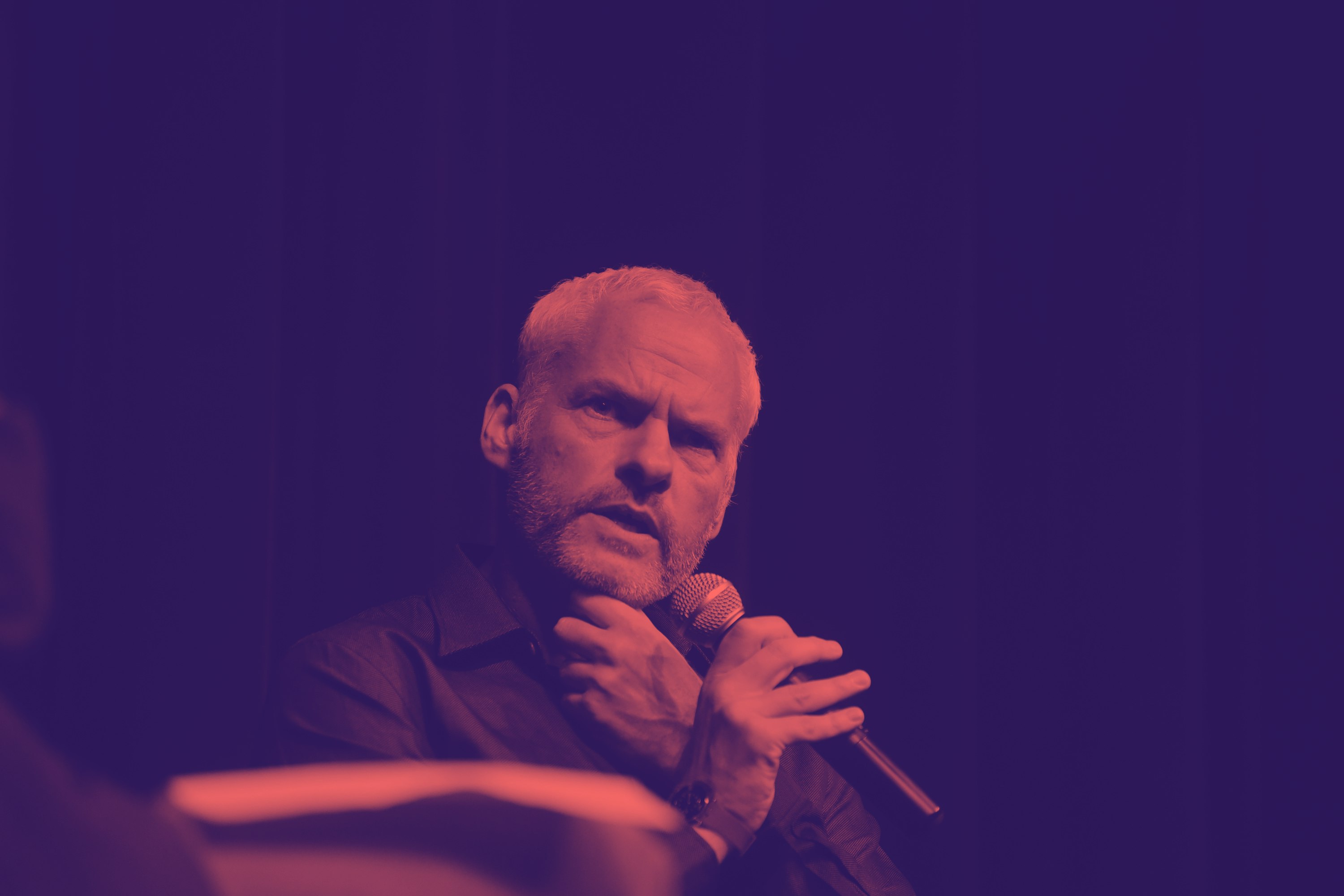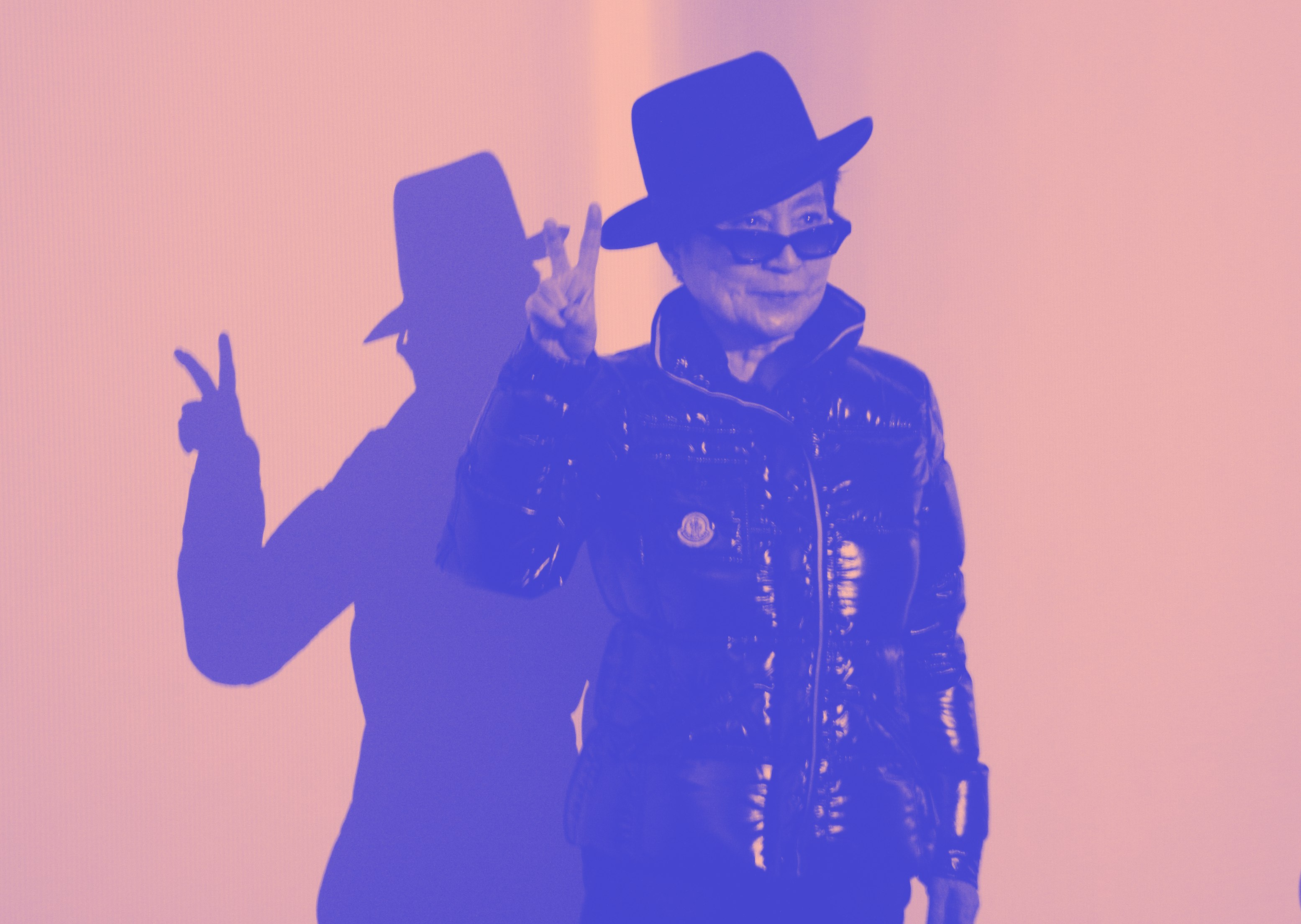Very Intriguing Person
is a series about people who fascinate us, for better or worse.
Glasses clink; violins glisten. David Rockefeller and John Paul Getty, two guests at a make-believe cocktail party for the extremely well-to-do, explain that they have a new party trick. “We have this thing we do with our voices,” they say. “We sing like authentic rappers.” Clearing their throats, they begin what would be a modern minstrel show, but instead of two dead capitalists doing their best racist impersonations, rappers Boots Riley and E Roc bound out of the speakers, drowning out the vapid chatter of the aristocracy. Assuming their identities, Riley and E Roc brag about sowing the seeds of death and destruction, all to maintain their fortune. “Don’t let me get my flex on,” Riley as Rockefeller, raps in the plain-spoken style of an Oakland pimp, “Do some gangster shit / Make the army go to war for Exxon.”
Satirical theatricality, staunch anti-capitalist beliefs, a shrewd understanding of history’s greatest monsters and what it really takes to succeed in America: Such was the purview of Raymond “Boots” Riley, founder and frontman of the Coup. On songs like “Pimps (Freestylin’ at the Fortune 500 Club),” where Rockefeller and Getty winked and provoked, and six albums released over nearly 20 years, Riley wielded his words as both weaponry and entertainment. But if life with a respected but only moderately successful rap group never quite made him a star, Riley is now set up for an unexpected second act in front of the biggest audience of his career with the release of Sorry to Bother You, his irreverent, unpredictably zany debut feature film he both wrote and directed. As critics have lauded, the film captures the zeitgeist impressively, zooming in on how we can and should fight back against systemic racism, all-consuming jobs for not enough pay, cutthroat corporations, cartoonish wealth inequality and the existential dread that accompanies it all. But anybody who knows, knows: Riley has more or less been communicating the same message his whole career, and Sorry to Bother You — which shares a name with the last Coup album, released in 2012 — is only his most impressive refinement yet.
Aside from his musical roots in The Coup, Riley has been an on-again off-again Bay-Area community organizer for twenty-plus years and witnessed the transformation of the area into a playground for the rich. He has been a self-proclaimed revolutionary since his teenage years who advocates for a renewed militant workers movement to just about anyone who will listen. In a hilarious interview from 2014, he explained the necessity of withholding labor to an unwitting Cleveland TV news reporter. Most importantly, Riley has long injected radical social commentary into his art with intention and wit, instead of taking a more heavy-handed, pandering approach used opportunistically by artists to resonate with the times. Contrast where Riley is at in his career with Common, a rapper roughly his same age. Once the poster-boy for a generation of “conscious rappers,” in the last five or so years he’s turned into a politically toothless mouthpiece for corporations like Microsoft and Starbucks to tap when they want seem forward-thinking but not push the envelope too far.
The protagonist in Sorry to Bother You is Cassius Green, an awkward and unemployed young black man in an altered modern day Oakland who feels like “hamster on a wheel,” struggling to make ends meet. At Regal View, the telemarketing company where Cassius fibbed his way into an entry level position, a co-worker shows him a magical technique: an authentic “white voice” that exudes a sense of calm onto customers and sends him climbing up the corporate ladder. “I didn’t exactly know what I wanted to do with the next Coup album, so instead of writing an album I wrote a script,” Riley said in Tell Homeland Security — We Are the Bomb, his 2015 book of annotated lyrics. Inspired by his time working as a telemarketer when The Coup took a break in the mid-1990s, and penned in 2011-2012 around the time Riley became one of the most recognizable faces of Occupy Oakland, the script found its way to Dave Eggers and was published as a special issue of McSweeney’s in 2014.
Sorry to Bother You riffs on many of the questions Riley has been working through his whole life: the fundamental entanglement of racism and capitalist exploitation, how individual stories of triumph can undermine broad-based solidarity, the depravity of the ruling class and whether protest art, and even protest spectacles themselves, are effective or futile. Throughout the film, Riley returns to the idea of how the performance of racial identity operates in a white-dominated capitalist system, and how black people must conform their self-presentation and worldview in order to to succeed in that system. To longtime fans of Riley’s detail-attentive, allegory-rich storytelling — the seven minute epic, “Me and Jesus The Pimp in a ’79 Granada” is a poignant, tragic tale on how the sins of a father are recycled onto his son — the film will feel like a song by The Coup come to life onscreen.
Cassius’s white voice is essentially an inversion of the trick that Riley played on “Pimps,” which the Coup depict as the white elite treating the black vernacular as a brief, exotic foray for their friend’s amusement. For Cassius, code-switching is a means of survival and professional advancement — that is, if he can rationalize his success with his values and close relationships. Cassius eventually finds himself at cocaine-fueled private parties thrown by a power-drunk CEO named Steve Lift, where he begins to unravel the dehumanizing conspiracy undergirding his new hustle. Regal View’s number one client is Mr. Lift’s WorryFree corporation, where workers are provided room and board without wages in exchange for a lifetime contract. As one of Cassius’ superiors says, “some call it slavery, I call it adaptation” — or, as the real-life Silicon Valley venture capitalists might call it, “disruptive innovation.”
It was while touring Kill My Landlord, The Coup’s 1993 debut album that was also Riley’s first serious attempt at writing lyrics, when he had an experience that would profoundly shape his political approach. The Coup were in Milwaukee. There was a song on the album called “Fuck a Perm,” in which Riley chastised black people who decided to treat their hair instead of letting it grow naturally, like his own. Unluckily, the audience was full of black people with perms, and Riley, at E Roc’s advice, chose not to perform it. It didn’t matter: After the show, in what sounds like a scene from an 1990s high school movie, they were confronted by a group of men with perms, who bellowed, “‘Fuck a Perm’? Fuck you!” The men followed Riley and his company in their car, shouting insults at him out their windows — all while blasting his music.
“I realized the song kind of had, that it’s connected to a certain kind of politics, that says in order for you to be revolutionary you are going to have to change yourself,” Riley recalled years later in Tell Homeland Security — We Are The Bomb. “In order for you to join the movement you’re going to have to start from the inside. There are versions of that in cultural nationalism, there are versions of that in hippie new age stuff, and that’s not actually what I am putting forward. I’m putting forward the idea that a material change in the way wealth is distributed will then change the culture … I think that experiences like that kept our music relevant because the rest of my music wasn’t preachy from then on.”
“The Coup knows what Sister Souljah never learned; hip hop heads don’t appreciate having their form pimped for the cause, no matter how righteous.”
According to Riley, projecting moral value judgements onto aesthetics — and more quixotically, believing that cultural change can lead to real political change — has long been a pitfall for the left. This dynamic replicates itself across generations. In the 1960s and 1970s, the belief existed that “music wasn’t really revolutionary unless folks were dressed in dashikis and playing congas,” wrote Riley in his foreword to Party Music, a book about The Lumpen, the little-known funk band associated with The Black Panthers. “I’ve been to countless meetings in which people are consumed with how to create drum circles in certain neighborhoods as a service to the community while overlooking the fact that ten to twenty people gathered every day by the car with the loudest system and danced or rapped with the music.” And so when The Coup was packaged as another “Oakland gangsta rap” act in the mold of Spice-1 (Boots and E Roc’s former co-worker at UPS who they’d rap with on the clock) or Too Short, Riley’s anxiety quickly turned to excitement. A lot of people loved gangsta rap, and Riley wanted his music to reach a lot of people.
In her 1995 Spin review of Genocide and Juice, the writer dream hampton wrote excitedly of how The Coup married revolutionary poetics with the aesthetic of the folk: “The Coup knows what Sister Souljah never learned; hip hop heads don’t appreciate having their form pimped for the cause, no matter how righteous.” Listeners and viewers can usually tell when they’re being force-fed, which is why The Coup never condescended about their radicality — and why Riley has rejected the fun-sucking label of “message movie” during Sorry to Bother You’s press run.
Even so, Sorry to Bother You seems preternaturally prescient about a lot of bad shit. In the original screenplay, a WorryFree supervisor tells Cassius that “WorryFree is making America great again.” The slogan was used by Ronald Reagan in 1980, but the continuity is still staggering. Riley thought the line was too on the nose and removed it. There’s another part that involves the same raw elements — a protest, a soda can and a viral video — as the infamous Kendall Jenner Pepsi commercial. But Riley insists he doesn’t have some kind of special ability — it’s just that if you keep your eye on the forces sucking out society’s lifeblood, your method of analysis remains evergreen.
In an interview with Southern California Public Radio, Riley again insisted that despite what many might say about the film’s relevance with the now, the message of Sorry to Bother You isn’t necessarily timely. The questions he’s asking and the issues he’s critiquing are timeless, because the system of distributing wealth and resources has never fundamentally changed. It’s a quick, simple lesson in base and superstructure by Riley, who in most interviews is lucid and resolved, explaining big concepts in concrete terms and unpacking flawed premises like a cool professor. “What’s happening now, is related to what happened before,” said Riley. “It’s not like all of a sudden Trump got into office and it was out of nowhere. He’s the product of a lot of half stepping by a lot of people who should’ve known better.” It all matters, and continues to matter — the system that Rockefeller and Getty embodied didn’t cease to exist just because they died.
In another interview, Riley explained how it was unnecessary to construct the mass homeless encampments included in the Sorry to Bother You dystopia, because the Oakland housing crisis had grown so severe that they could film parts of the city as is. “This isn’t me being prophetic,” he said, sounding slightly frustrated. “It’s me applying a class analysis to the stuff going on around us.” At 47 years old, with the conditions of the present world as they are, he still needs to break down the shit he’s been saying for decades. But now, the world might finally be ready.




